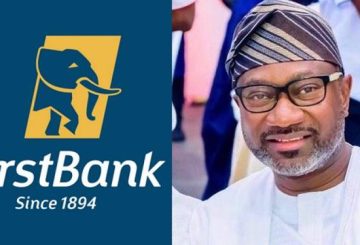To assist the expansion of the financial systems, the Central Bank of Nigeria is aiming towards a stronger digital economy.
This is happening despite the fact that the amount of transactions made using the digital currency, eNaira, has increased by 190.1% since its October 25, 2021 introduction.
Deputy Governor for Economic Policy at the Central Bank of Nigeria, Dr. Kingsley Obiora, stated that 3,320 merchants successfully registered on the platform across the nation, including Shoprite, Sahad Stores, and A.A. Rano, at the Executive Seminar on “Digitalization of Money and Monetary Policy in Nigeria” held on Wednesday in Abuja.
The CBN, according to the deputy governor, is well-positioned to achieve great heights in the adoption and integration of its digital currency in partnership with the Federal Government and other important stakeholders, as it continues to open up new phases and opportunities for facilitating a decrease in cash processing costs and fostering the development of an effective payment ecosystem in Nigeria.
He added that the expansion of the money supply, which denoted the direction of liquidity and changes in price level, had facilitated the transmission of monetary policy in addressing the difficulties related to the digitalization of money and monetary policy.
He pointed out that the effectiveness of managing these crucial macroeconomic tools would determine how much the expansion of national output would affect the Nigerian economy.
“We must continue to improve on the rate of adoption of the eNaira, especially for the informal sector of the economy. Pooling all these factors together will strengthen the transmission mechanism of monetary policy, improve payments system and lead a more stable economy,” he said.
The CBN just introduced the eNaira, a digital money designed to promote e-transactions in Africa’s most populous country.
The CBN Governor, Mr. Godwin Emefiele, who served as the keynote speaker, claimed that the apex bank has made revolutionary strides in establishing a culture of big data and data analytics as tools for efficient policy-making.
“As regulators, we are mindful of the possibility that the new forms of innovative financial products or services could render some existing banking laws and regulations obsolete and potentially harm financial growth.”
He claimed that in order to handle any violations, change private sector incentives, and reorganize the market to foster competition and encourage new entrants, new and revised rules, regulations, and laws were required.





